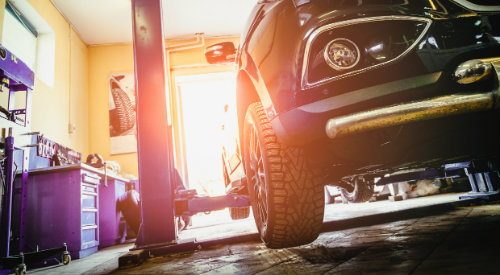Most common reasons a check engine light flashes in a used vehicle
If you were to power rank the most annoying and unsettling things that could happen onboard your used car, we’re betting that seeing the “Check Engine” light flash would be near the top. It can be quite a challenge to figure out what’s going on with your vehicle’s operations, but luckily, many of the reasons that your light will start flashing are easily remedied. We want to help you figure out the issue, so come with our Carville’s Auto Mart team as we take you through some of the most common reasons a check engine light flashes in a used vehicle; with this information on hand, you’ll be more prepared the next time it happens to you!
Exhaust or Other Fluids Are Leaking
With enough regular use of your engine, different components inside could start to wear out more quickly. When this happens, you might notice your check engine light come on; most times, this means that you might be leaking exhaust from your catalytic converter or flex pipes. The major problem with this is that it can lead to diminished performance from your engine but could also lead to bigger issues down the road. In any case, it’s best to get it fixed!
Your O2 Sensor is Running Poorly
The interior makeup of your engine consists of many sensors and systems, one of which is used to monitor oxygen levels inside. When there’s too much of the gas detected, you might see your light flash; while not a big issue, high oxygen levels could lead to your engine running much hotter than usual.
Excess Water is Inside Your Engine
If you’ve recently driven through a puddle or any other sort of water, your engine’s heat will come in contact and evaporate it. Since there’s, again, oxygen in the water, your engine will detect an excess amount inside. This, however, is a benign cause as once it’s dissipated, you should have no problems!
Loose Belts or Rotors
Timing belts inside your motor are essential to keep it running at optimal performance, but with normal wear and tear, you could start to feel them become loose. This could lead to diminished power and performance as well, so it’s best to get the problem looked at and remedied as soon as you can!
Check back to our FAQ blog often for more tips and tricks!




